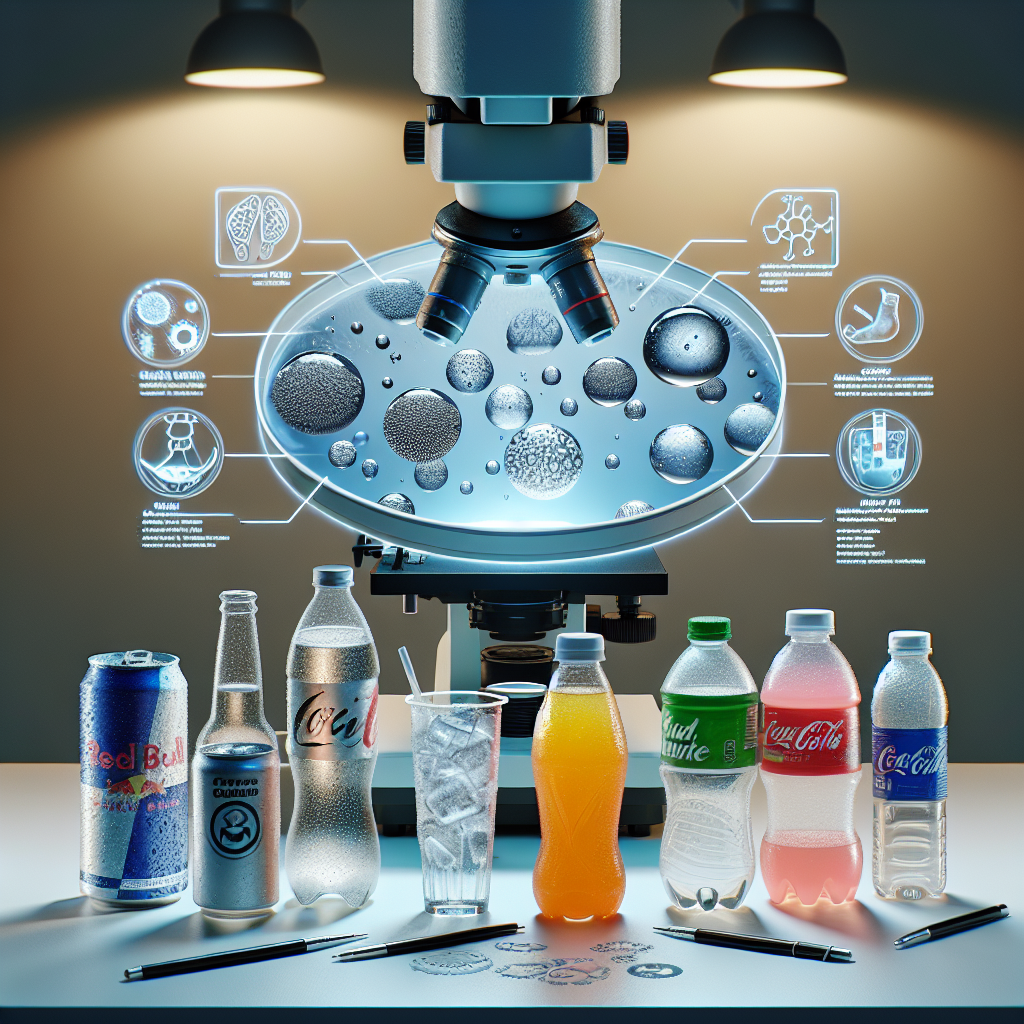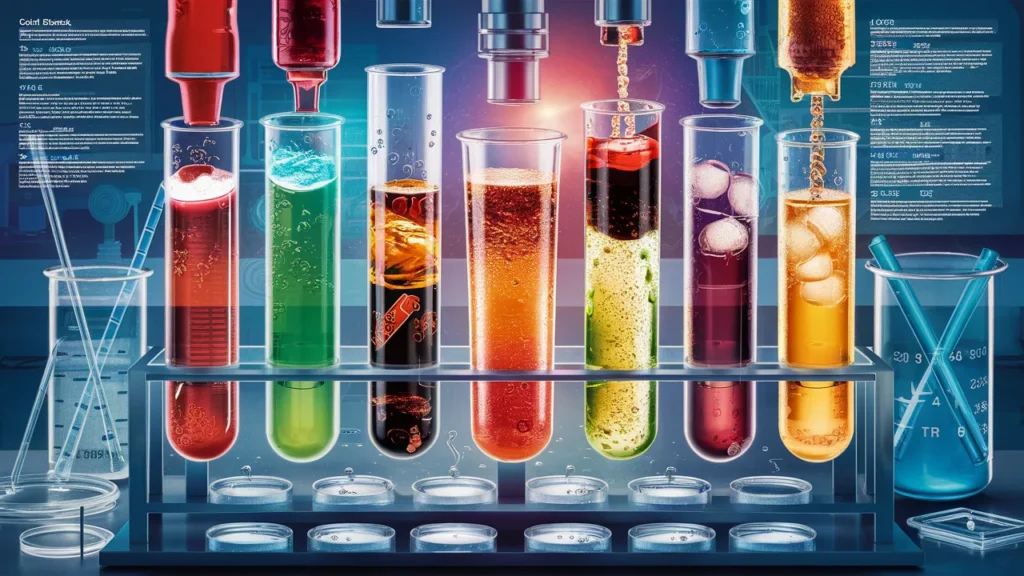
Introduction Of Cold Drinks
There’s nothing quite like a cold drink to quench your thirst, especially on a hot summer day. But have you ever to think about what’s actually inside refreshment you’re sipping? From fizzy sodas to iced teas, each cold drink has its own story to tell—one filled with surprising health effects. Let’s put your favorite cold drinks under the microscope and discover the highs and lows of these tempting refreshments.
The Good, the Bad, and the Bubbly: Sodas Cold Drinks
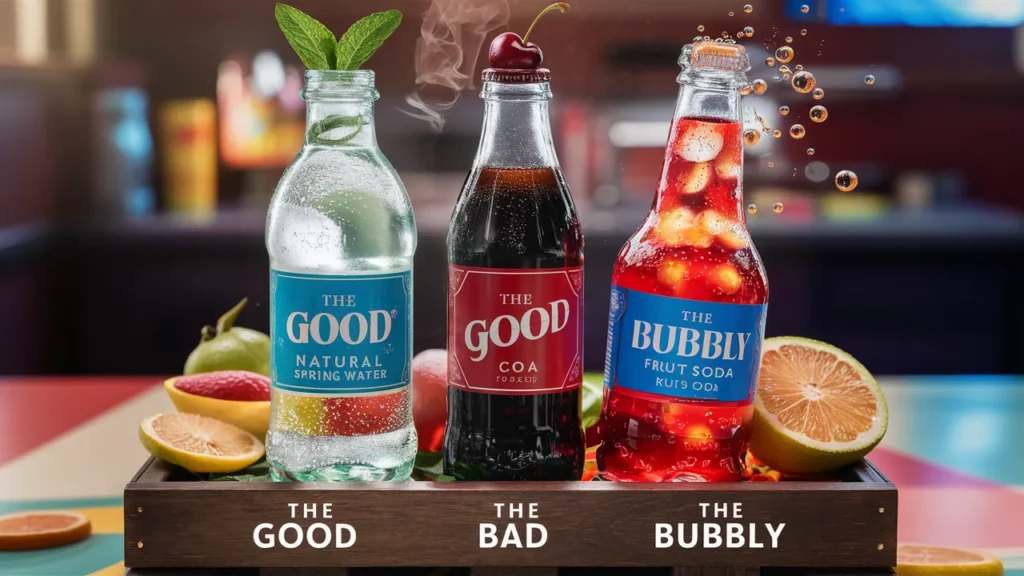
The Sugary Truth
Sodas are often the first thing that comes to mind when we think about cold drink .However, they might not be the healthiest choice for you . Regular sodas are packed with sugar, which can lead to a variety of health issues.
- High Sugar Content: High Sugar Content: One can of soda can have as much as 10 teaspoons of sugar. That’s more than the recommended daily intake for most adults!
- Weight Gain: Excessive sugar intake is closely linked to weight gain and even obesity. This is because sugary beverages do not make you feel full, leading you to consume more calories overall.
- Tooth Decay: The sugar in sodas also provides food for the bacteria in your mouth, leading to tooth decay and cavities.
The Diet Soda Dilemma
Thinking that diet soda is a safer bet? It might not be as good as you think.
- Artificial Sweeteners: While they don’t have sugar, diet sodas contain artificial sweeteners that can have their own set of consequences. Some studies suggest that they might actually trick your body into craving more sweetness, undermining your weight loss goals.
- Metabolic Issues: Some research indicates that diet sodas can affect your metabolism and insulin sensitivity, increasing the risk of diabetes.
The Health Halo: Iced Teas Cold Drinks
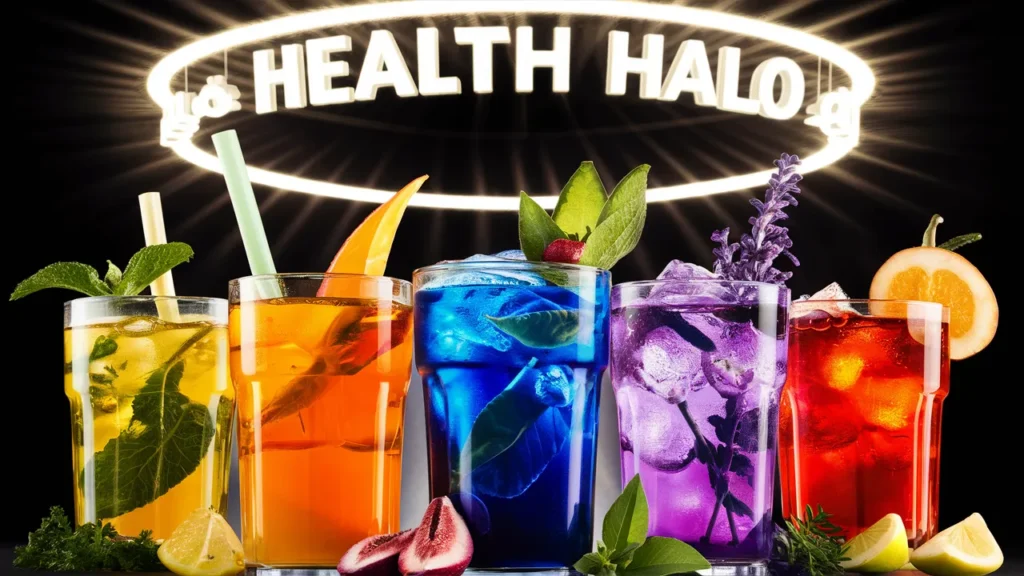
Unsweetened vs. Sweetened
Iced tea seems like a healthier option, but let’s delve deeper.
- Unsweetened Iced Tea:
- Low Calorie: Unsweetened iced tea is virtually calorie-free and rich in antioxidants like catechins and polyphenols, which are beneficial for your heart and may even help prevent certain types of cancer.
- Hydration: It’s also great for hydration without adding any unnecessary sugar or artificial ingredients.
- Sweetened Iced Tea:
- Hidden Sugars: Many commercially available sweetened iced teas can pack as much sugar as sodas. Read the labels to make sure you’re not unintentionally consuming a sugar bomb.
- Homemade Solutions: Making your own iced tea allows you to control the sweetness. A splash of lemon or a sprig of mint can add flavor without added sugar.
Energy Drinks: The Double-Edged Sword
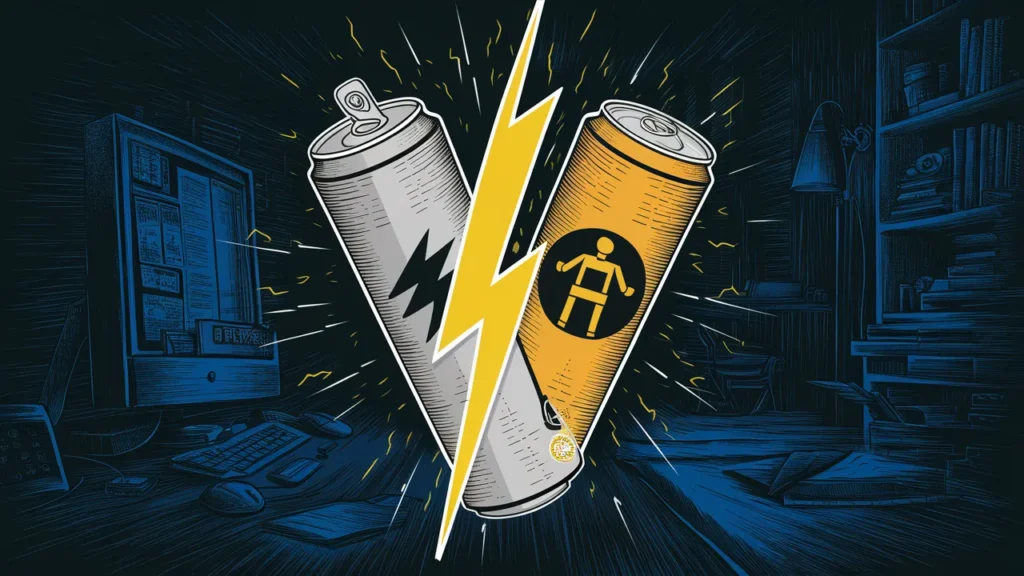
The Instant Boost
Energy drinks promise a quick pick-me-up, and they usually deliver, thanks to high levels of caffeine and other stimulants.
- Caffeine Rush: These drinks can have up to 200 mg of caffeine per serving. While caffeine can improve mental alertness and physical performance, too much can lead to jitteriness, anxiety, and even heart palpitations.
- Vitamin Overload: Some energy drinks are fortified with B vitamins, which are great in moderation but excessive consumption can lead to imbalances and other issues.
The Crash
But what’s the catch?
- Sugar Content: Much like sodas, many energy drinks are loaded with sugar. The combination of high caffeine and sugar leads to a quick energy spike followed by a heavy crash, leaving you more tired than before.
- Hidden Ingredients: Watch out for other stimulants like guarana and taurine. While generally safe in moderate amounts, the combined effect of multiple stimulants can strain your heart and nervous system.
The Fizzy Newcomer: Sparkling Water
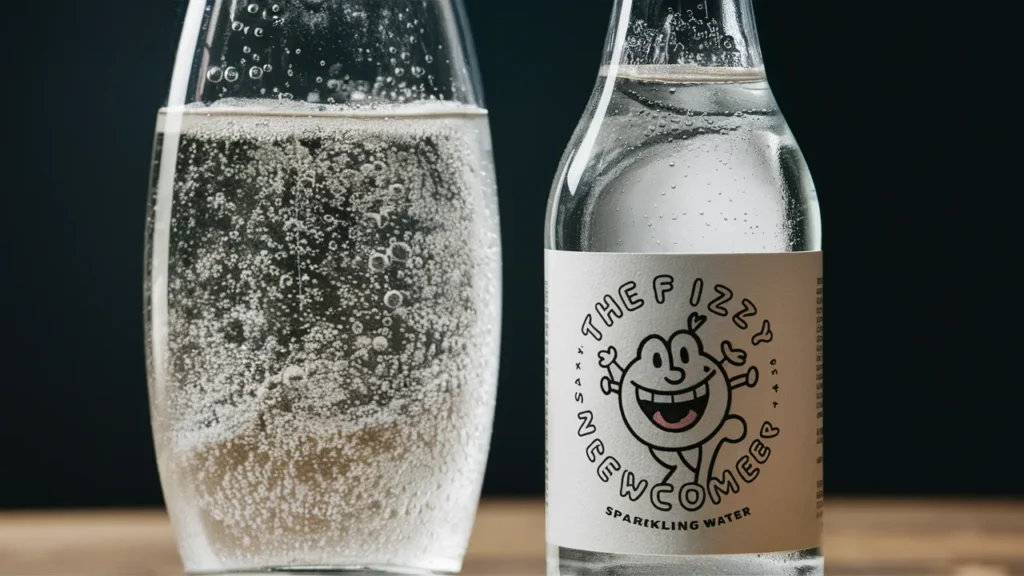
A Healthy Alternative?
Sparkling water has been gaining popularity as a healthier alternative to sodas. But is it really that good for you?
- Hydration: Sparkling water is as hydrating as still water and can be a great way to enjoy hydration with a fizzy twist.
- Flavor Varieties: Many brands now offer naturally flavored sparkling waters, which provide a tasty experience without the added sugars or artificial sweeteners found in sodas.
Watch the Sourcing
Not all sparkling waters are created equal.
- Added Sugars: Be cautious of sparkling waters that contain added sugars. Always read the label to ensure you’re getting a truly healthy product.
- Acidity: Some flavored sparkling waters can be slightly acidic, which might affect dental health over time. Rinsing your mouth with water after drinking can mitigate this effect.
Fresh Juice: Nature’s Candy
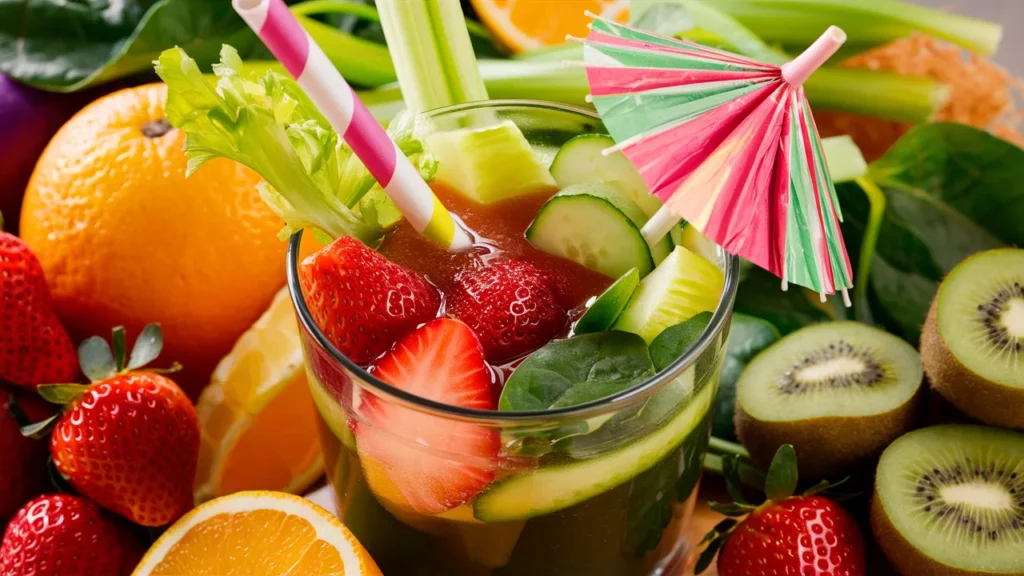
The Pros
Freshly squeezed juice can be a delicious and nutritious option.
- Nutrient-Rich: Fresh juices retain most of the vitamins, minerals, and antioxidants found in whole fruits.
- Natural Sugars: Unlike added sugars, the natural sugars in fruit come with fiber and other nutrients that help moderate absorption and improve satiety.
The Cons
However, moderation is key.
- Sugar Content: Even though the sugar in fruits is natural, it’s still sugar. Drinking large amounts of juice can lead to similar spikes in blood sugar as drinking soda.
- Fiber Loss: Juicing often removes most of the fiber from fruits, which is essential for a healthy digestive system.
Conclusion: Making Informed Choices
When it comes to cold drinks, knowledge is indeed power.
Next time you reach for a refreshing beverage, make sure to consider what’s inside. Whether it’s a sugary soda or a nutrient-rich juice, understanding the health effects can help you make smarter choices that will keep you feeling great.
Remember, moderation is key and, as always, water is a timeless option that never goes out of style! So, what’s your go-to cold drink, and how does it stack up under the microscope?
Feel free to share your thoughts below, and let’s keep the conversation flowing!
Harvard T.H. Chan School of Public Health: Sugary Drinks
Mayo Clinic: Is Drinking Sparkling Water Bad for You?
Healthline: How Sugary Drinks Harm Your Body
WebMD: The Health Effects of Soda
Medical News Today: Are Artificial Sweeteners Safe?

